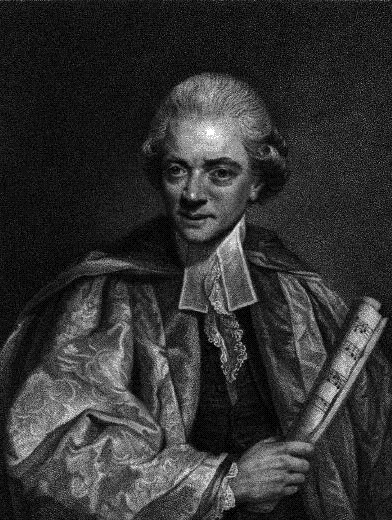

English music historian and composer. Educated at Shrewsbury School and at the Free School, Chester, he was apprenticed to Thomas Arne, 1744-46. In 1749 he became organist at St. Dionis's Backchurch, London, and in 1751 moved to King's Lynn, Norfolk, where he was a teacher and organist. Returning to London in 1760 he taught music to the well-to-do. Meanwhile he cultivated growing interests in science, literature, and history; in 1769 he published a book on comets. The following year he embarked on his brilliantly chronicled travels; although his tours of Italy and France (1770) and of Germany, Austria, and the Netherlands (1772) were made chiefly to gather information for his General History of Music, the chronicles themselves are as valuable to scholars as the history. They detail with rare precision and humor the author's personal contacts with figures such as Gluck, Hasse, C. P. E. Bach, Quantz, J. A. Hiller, Galuppi, Padre Martini, Piccinni, Farinelli, Metastasio, Diderot, Rousseau, and Klopstock. In its emphasis on contemporary rather than "ancient" music, the General History, differs from that by John Hawkins (1776). Burney's writings constitute the most important firsthand account of 18th-century European musical life. In 1806 he was pensioned by the British government.